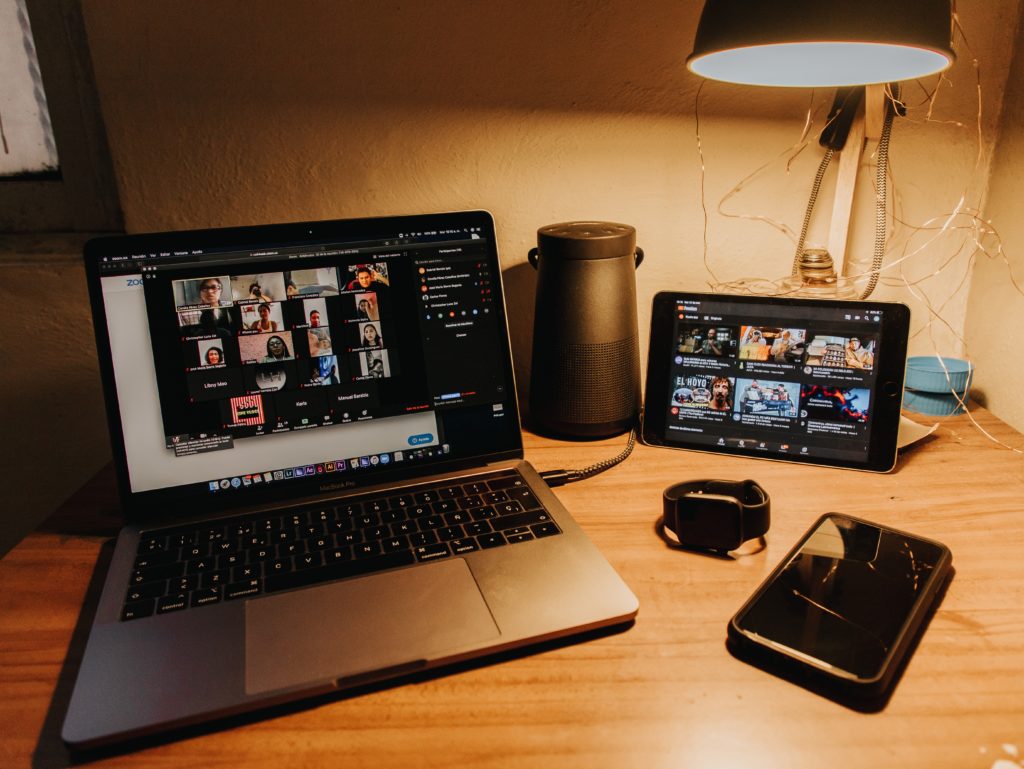


When my career got started the sandwich approach to employee feedback was the go-to. I personally thrived on it and have always enjoyed getting constructive feedback. But when done wrong, the sandwich feedback approach can be detrimental to a team member's confidence and can feel more like personal attacks. Unfortunately, more often than not it is done wrong. After researching the best methodology for employee feedback it has become clear that a magical system or process does not exist. The reality is that there is no right answer, but there is an endless supply of wrong answers.


We love icebreakers! Our customers have shared countless stories about how our icebreakers have sparked meaningful conversations that would have never even gotten started without the right questions at the right time in the right context. Even though Icebreakers are a great way to engage your remote team they are only the tip of the iceberg. Most of our customers come for the icebreakers but stay for the Coffee Chats and Shout Outs. The reality is that icebreakers are only a tiny part of what is needed to build a strong remote team culture.


In today's world of working from home, a recession, and health concerns from a global pandemic, leaders need to do more than manage team members, they need to make sure that their team's core needs are being met. Gone are the days of only being concerned with personal growth and career achievements. Employees are now looking to meet more basic needs around safety, belongingness, and esteem.


It is okay to be critical of a remote team culture as it is essentially your office environment. Before accepting job offers in the past have you considered aspects of the job outside of your specific responsibilities? Of course you have.


In a study by MIT Nine out of ten CEOs and CFOs believe that improving company culture would increase their company's value. 80% of the same CEOs and CFOs ranked culture as one of the 5 most important factors driving their company's valuation. Company culture does not only improve processes and lower turnover, but it also impacts the value of a company. Looking at company culture from multiple perspectives makes it's importance clear.


Here are some of the pitfalls of building a remote team culture that you should expect and accept as a part of the journey toward an awe-inspiring work culture.


Company culture is not new, and neither is remote work. Combine the two and you just created a new challenge for your leadership team. In order to become a great brand, it is important that your company lives your brand culture from the inside out. Just like your brand, your company culture starts from the top.


Some of the most obvious signs that a company culture is toxic are high turnover, micromanagement, and general team misery. Some managers and founders put on a smiley facade and bandaids where ever they can to get you onboard, but it is not long before you start to smell the stench of culture rot.


Building a business culture is hard. There are so many factors to consider when creating shared values and goals across your organization. Defining those goals is easy, implementing the process required to build and evaluate those goals is the hard part.


Building a remote team can be one of the most incredible things you do for your company if you do it right - and doing it right can be tough. In fact, an astounding number of companies try to build great remote teams, hoping to have employed a highly efficient workforce, only to be disappointed.
Error: Contact form not found.